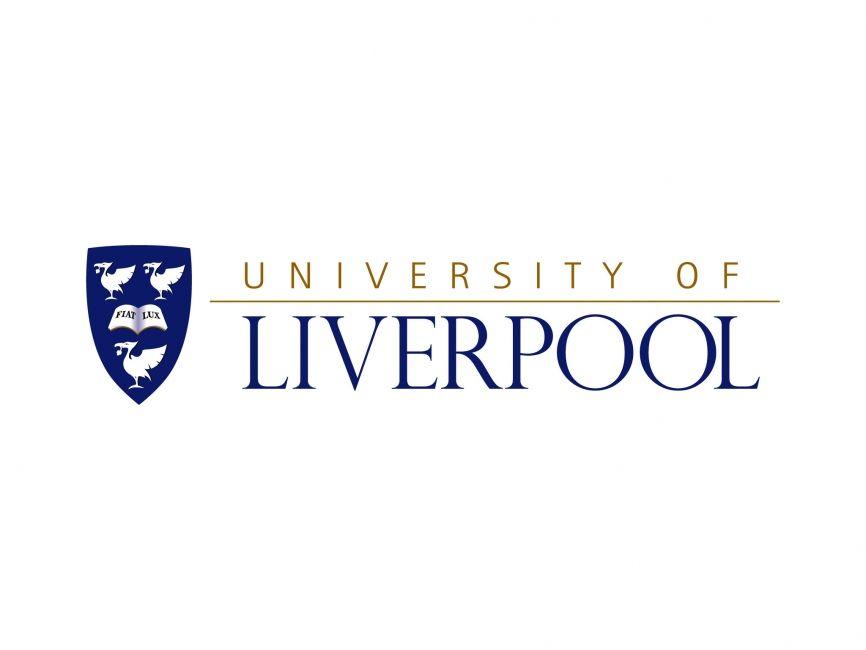
BEng (Hons) in Aerospace Engineering with Pilot Studies
University of Liverpool, Liverpool


University of Liverpool, Liverpool

BEng (Hons) in Aerospace Engineering with Pilot Studies
University of Liverpool, Liverpool
Top choice of Indian students
Fee Waiver with Leap
Exceptional quality of education: #36 in the Guardian University Guide 2024.
It is a top-ranked institution verified by QS
Russel Group of Institutes
Degree
Undergraduate
Duration
36
Course Type
With Co-op
Co-op education gives you real-world experience in a job related to your studies.
INR
30.72L
USD 36140
1st Year Tuition Fees
Opening Soon
GBP 28.5